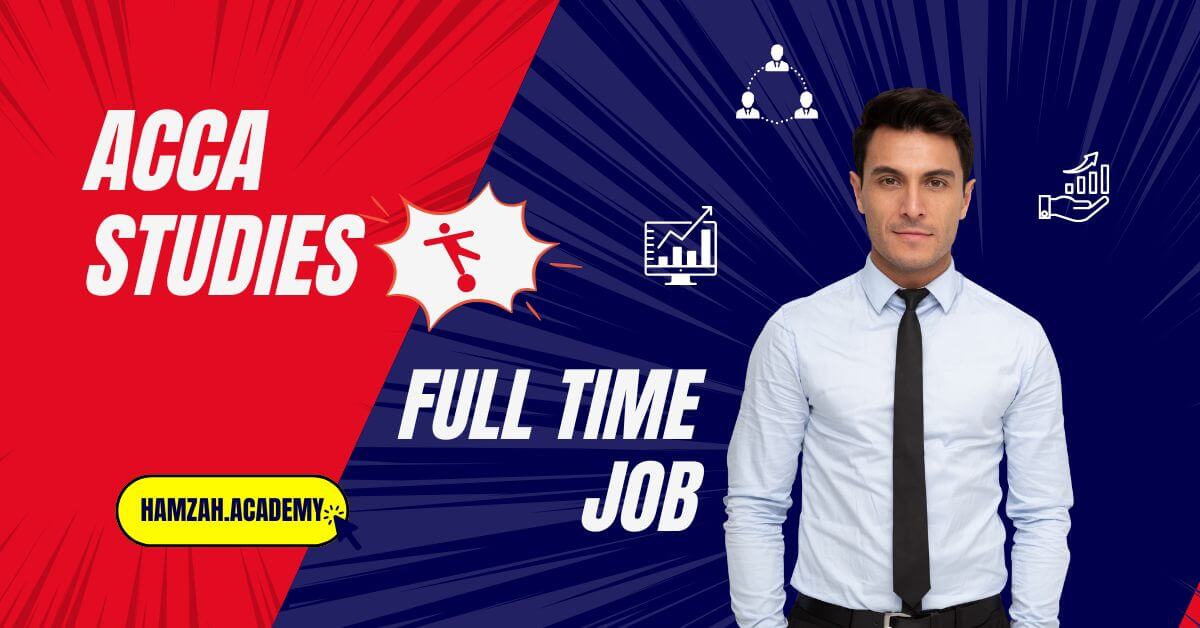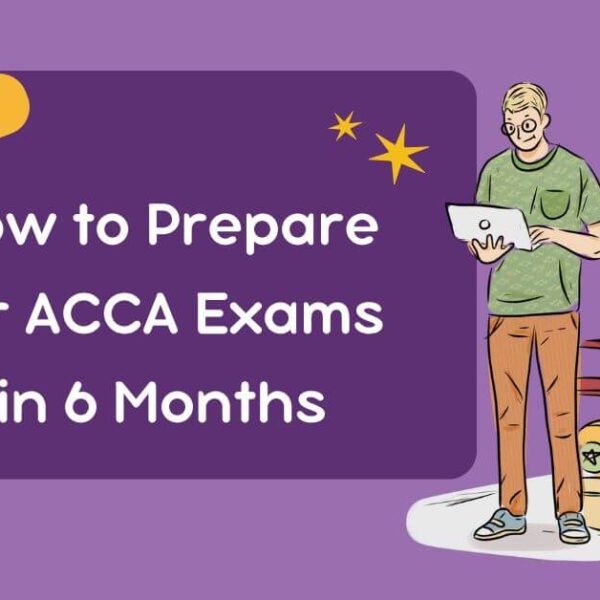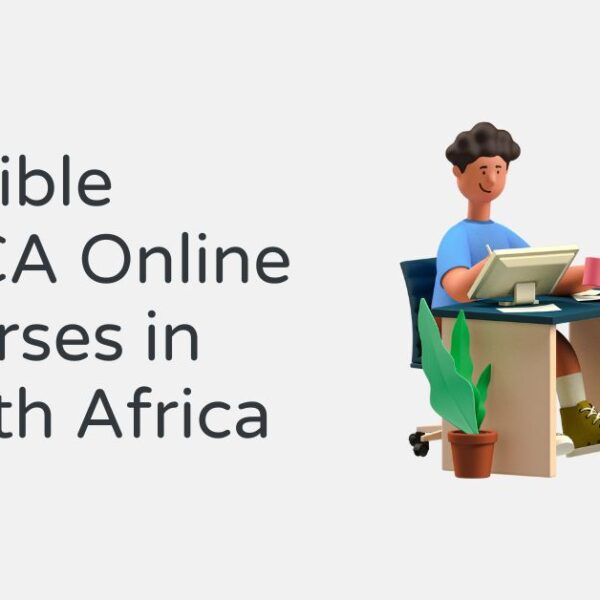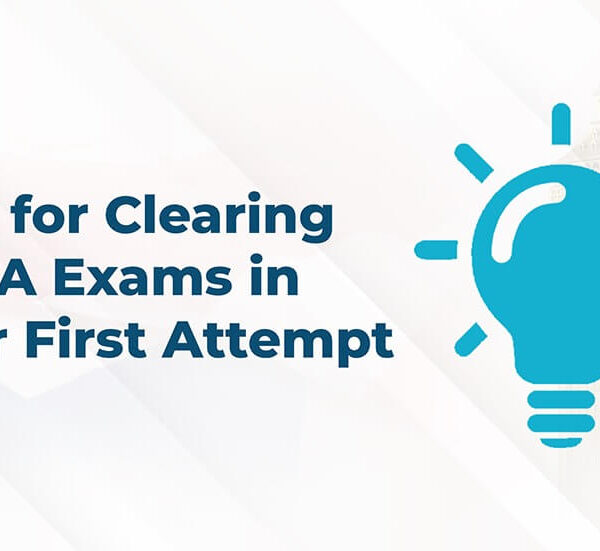For many finance professionals in Ireland, pursuing the ACCA qualification while maintaining full-time employment represents both an optimal career strategy and a significant challenge. This dual commitment demands exceptional time management, strategic planning, and personal resilience. This article outlines practical approaches to effectively balance ACCA studies with full-time employment in Ireland’s dynamic financial sector.
Understanding the Challenge: The ACCA-Work Balancing Act
The ACCA qualification requires substantial commitment, typically demanding:
- 150-200 study hours per examination paper
- Sustained focus across multiple examination sessions
- Regular assessment, preparation, and revision
- Practical experience, documentation, and reflection
When combined with a 40+ hour work week, this creates a challenging balancing act across several dimensions:
Time Allocation
Finding sufficient hours for effective study while fulfilling professional responsibilities represents the most obvious challenge.
Energy Management
Maintaining the mental energy and focus required for productive study after demanding workdays presents a significant challenge, particularly during intensive work periods common in financial roles.
Psychological Resilience
Maintaining motivation and avoiding burnout throughout a multi-year qualification journey requires psychological strategies and support systems.
Strategic Study Planning for Working Professionals
Effective planning forms the foundation for a successful work-study balance:
Mapping Your ACCA Journey
Begin by creating a comprehensive qualification roadmap:
- Identify potential exemptions based on prior qualifications
- Determine a realistic examination sequence aligned with your experience
- Set target dates for each examination, considering work-specific busy periods
- Build contingency time into your plan for unexpected work demands or examination retakes
Exam Selection Strategy
Be strategic about which examinations you combine in each session:
- Pair more demanding papers with less intensive ones
- Consider alignment with your current work responsibilities to leverage practical application
- Sequence examinations to build knowledge progressively
Study Method Selection
Different study approaches suit different work situations:
- Online ACCA courses offer maximum flexibility for professionals with unpredictable schedules
- Weekend classroom sessions may suit those who struggle with self-directed learning
- Blended approaches combine flexibility with structured support
Employer Negotiation
Many Irish employers offer study support, but provisions vary significantly:
- Research your organisation’s formal study policy
- Prepare a business case for specific accommodations
- Consider negotiating study leave, flexible working arrangements, or financial support
Time Maximisation Techniques
For working professionals, optimising limited study time is essential:
Productive Commuting
For those commuting to offices in Dublin or other Irish cities, transform travel time into productive study:
- Audio lectures or recorded content during drives
- Flashcards or app-based question practice on public transport
- Mental recall and concept review during walks
Strategic Time Blocking
Implement structured time allocation:
- Schedule fixed weekly study blocks in your calendar
- Protect these appointments with the same diligence as work meetings
- Create different blocks for different study activities
Early Morning Advantage
Many successful Irish ACCA students find early morning study particularly effective:
- Mental energy is typically highest after rest
- Work and family demands haven’t yet accumulated
- Even 45-60 minutes of focused morning study can deliver significant progress
Microlearning Opportunities
Identify and leverage small time windows:
- Brief question practice during lunch breaks
- Concept review between meetings
- 15-minute focused study sprints during natural workday transitions
Energy Management for Sustainable Progress
Maintaining mental energy for effective study alongside work demands careful management:
Energy-Based Task Allocation
Align study activities with your energy patterns:
- Schedule complex new content for your peak mental performance periods
- Use lower-energy times for review and reinforcement
- Track your energy patterns to identify your optimal study times
Deliberate Recovery Practices
Prevent burnout through intentional recovery:
- Schedule complete breaks from both work and study
- Incorporate physical activity to refresh mental capacity
- Ensure adequate sleep as the foundation of cognitive performance
Environment Optimisation
Create study conditions that minimise additional mental demands:
- Designate specific study spaces that trigger focus
- Eliminate potential distractions before beginning study sessions
- Prepare all materials in advance to maintain momentum
Leveraging Work-Study Synergies
Rather than viewing work and study as competing demands, identify opportunities for mutual reinforcement:
Practical Application Connections
Actively connect ACCA content with your work responsibilities:
- Identify how theoretical concepts manifest in your daily tasks
- Request work assignments that align with current study topics
- These connections enhance both learning retention and work performance
Study Group Formation
Connect with fellow ACCA students in your workplace or wider professional network:
- Establish regular discussion sessions to clarify challenging concepts
- Create accountability structures for maintaining progress
Mentor Engagement
Identify potential mentors within your organisation:
- Seek guidance from colleagues who have completed the ACCA while working
- Learn from their time management and study approaches
Technology Optimisation for Working Students
Strategic use of technology can significantly enhance study efficiency:
Digital Learning Platforms
Leverage the advantages of online ACCA courses and resources:
- Access study materials across multiple devices
- Utilise features like speed-adjustable video lectures
- Track progress through automated assessment tools
Productivity Applications
Implement digital tools to enhance study effectiveness:
- Spaced repetition apps for efficient memorisation
- Digital flashcards for mobile review opportunities
- Focus-enhancing applications that limit distractions
Psychological Strategies for Long-Term Success
Maintaining motivation throughout the ACCA journey requires specific psychological approaches:
Progress Visualisation
Create tangible representations of your qualification journey:
- Maintain visible progress trackers
- Celebrate milestones with meaningful rewards
- Document key learnings and achievements
Commitment Structures
Establish frameworks that reinforce your study commitment:
- Share goals publicly with trusted colleagues or friends
- Create accountability partnerships with fellow students
- Pre-commit to specific actions through calendaring
Setback Management
Develop resilient responses to inevitable challenges:
- Prepare contingency plans for examination disappointments
- Identify specific support resources for difficult topics
- View setbacks as learning opportunities rather than failures
Conclusion: Achieving Balance for Qualification Success
While combining full-time employment with ACCA studies presents significant challenges for Irish professionals, the rewards make the effort worthwhile. Beyond the qualification itself, the journey develops valuable capabilities in time management, self-direction, and resilience that enhance long-term career success.
By implementing strategic planning, optimising limited time, managing energy effectively, and maintaining psychological resilience, working professionals can successfully navigate the ACCA qualification pathway while continuing their professional development. The key lies not in finding perfect balance, which rarely exists, but in creating sustainable approaches that accommodate both priorities without compromising wellbeing.








